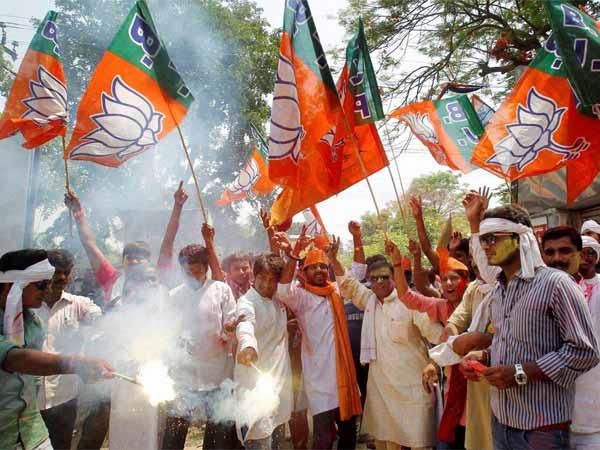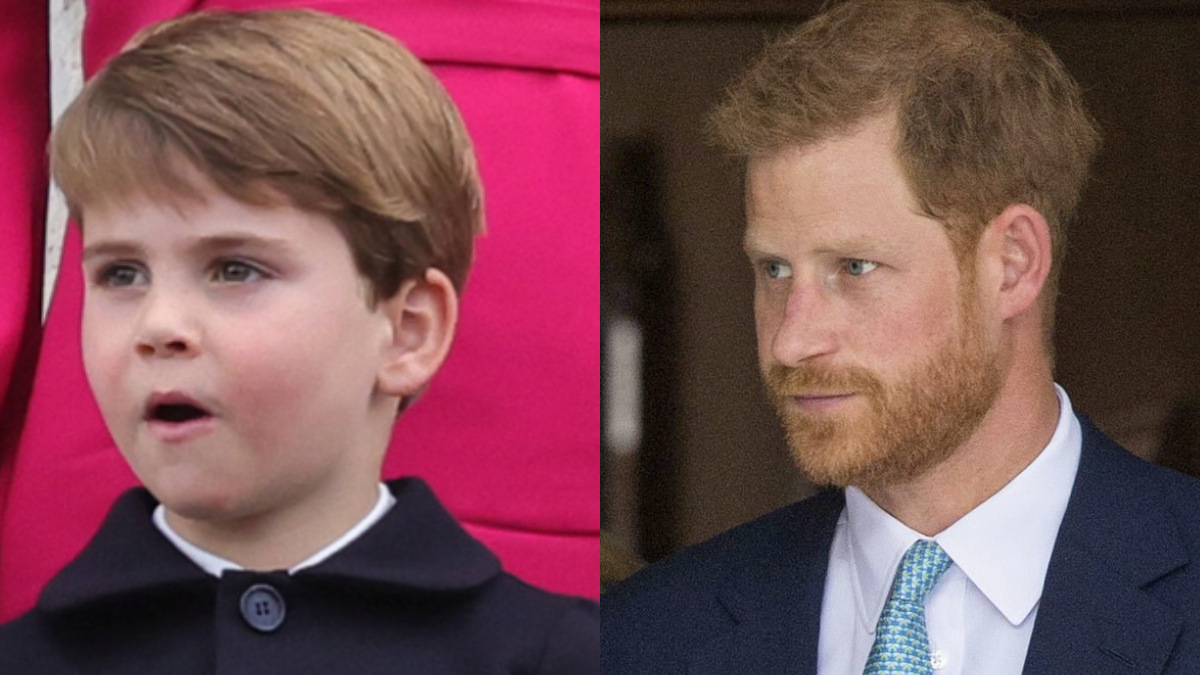
BJP's victory march doesn't mean coalition era is over in India

BJP is winning but it is also being eclipsed: A contradictory tale
It has not. The story of the BJP's rise in the recent months has a contradictory side. Its identity as a party has been overshadowed and it is now mostly identified with two individuals, namely Narendra Modi and Amit Shah. The phenomenon called Modi and the superior organisational skill of Amit Shah have given the BJP an edge which most other party is lacking at the moment. But can we really claim of having returned to the era of one-party rule when the party itself has been reduced to one or two individuals?
Comparing it with the Jawaharlal Nehru and Indira Gandhi eras of the Congress
A parallel can be drawn with the Congress of the Jawaharlal Nehru era in this regard. Nehru was a towering leader in the Congress but was never its only leader. The party had dominated till the time of Nehru's death not by just banking on one leader. The Congress had a strong grassroot presence across the country parallel to a strong central leadership and that had kept in a good health. The moment Nehru was gone and his daughter took over the reins two years after his death, the seeds of Congress's long-term downfall began to be sowed.
The
Congress
faced
its
first
major
failure
in
1967
elections
when
it
had
lost
in
a
number
of
states
in
the
Union.
And
a
decade
later,
it
was
even
voted
out
of
power
as
a
reality
check
to
a
leadership
which
had
turned
over-ambitious
by
then.
Indira
Gandhi
had
also
led
the
Congress's
domination
on
Indian
politics
but
unlike
her
father,
she
made
her
own
party
pay
the
price.
And
the
biggest
price
was
the
advent
of
the
coalition
era
as
the
Congress
collapsed.
Modi
is
a
rare
politician
who
completely
turned
around
the
perception
on
him
and
BJP
is
reaping
the
benefits.
But
for
how
long?
Similarly, the BJP too is looking a one-man force today. It is just because of Modi that the party is breaking through every one's defence across the country. It is a fascinating story which has unfolded in Indian politics today but how long can the BJP carry on with this Blitzkrieg? Modi has all the time on his side at the moment and is expected to dominate the next round of elections as well.
He has succeeded in utilising the given resources and the situation in a brilliant way to make the current time speak for him. Just as he was considered a negative force during and after the 2002 Gujarat riots, he is now being seen as the best thing to have occurred to Indian politics.
It will be difficult to find another politician not only in India but across the world who could reverse the perception factor the way Modi did. Such powerful has been his appeal.
Coalition politics is not negative, it is the power-greedy leaders who make it look so
But how will the BJP benefitted from this as a party apart from winning elections? Coalition politics is not a reversible phase of Indian politics. Like the one-party rule of the Congress once, coalition politics has also been a fact of our democracy and in fact, one might conclude that coalition politics has shown the growing maturity of Indian democracy.
Whether coalition politics produces weaker governments is another debate altogether for government formation in India is ultimately decided upon by opportunist leaders but that can not be made a logic to defy the positives of coalition politics.
Rise of the states: A part of the coalition story
Today, we are seeing that the constituent states of the Indian Union have turned more ambitious and in many areas, they are taking calls independently. Even Prime Minister Modi has decided to do away with the Planning Commission because he thinks it is obsolete in today's setting of Centre-state relations. It is because the Indian democracy has deepened more that the states have gained more voice in federal affairs. It is also connected to the story of coalition era in Indian politics.
Is it bad? Of course not. But we tend to see it bad because some power-greedy politicians use it to their own advantage.
Does the BJP have it at the local levels to back Modi's appeal?
Returning to the BJP's rise and the expectation that it has put an end to the coalition era, does it have the leadership at the local levels to back the Modi factor? A Shivraj Singh Chouhan or Raman Singh are tested, but can a Manohar Lal Khattar match the expectations in Haryana?
Modi and Shah can help the party to win elections but it is only the local leadership who can take the game forward from there. Otherwise, it won't be much different from how the Congress had crumbled under the weight of one-leader functioning in the 1980s which gradually saw the rise of the coalition era.
India's politics progresses in a pattern
There is a pattern in the way India's politics progresses. The Congress had ruled as an unchallenged party in the first 20 years since independence and met its first electoral drubbing in 1967. From 1967 till 1989 (24 years), it was the successive rules of the Gandhis that had seen a powerful family rule but a weakened Congress. In the next 25 years since the fall of the last prime minister of the family, Indian politics saw the advent of the coalition era.
Modi is making all differences but the colour of Indian politics hasn't changed
It was unstable to begin with (1989-1999) but gradually turned into an era of stable coalition (between 1999 and 2014). And we are back into the days of a majority government since May 2014. The pattern is expected to last till Modi rules but there is every possibility of the return of the coalition era at some point of history.
For, the BJP doesn't look much interested to prepare a line of succession and is more willing to bask in the glory of its super-popular prime minister.


 Click it and Unblock the Notifications
Click it and Unblock the Notifications


































